The shopping streets are deserted.
At 10 p.m., darkness descends on Cairo’s Sayyida Zeinab neighborhood like it does anywhere else, but few people glance at their watches on the brightly lit shopping streets and sidewalk cafes. It may be close to bedtime in other countries, but the Egyptian capital is still wide awake.
The energy shortage forced the government to order an early shutdown: By 10 p.m., Sayyida Zeinab had gone dark: metal shutters were down or rolled to the ground, turning the brightly lit, brightly lit shopfronts grey.
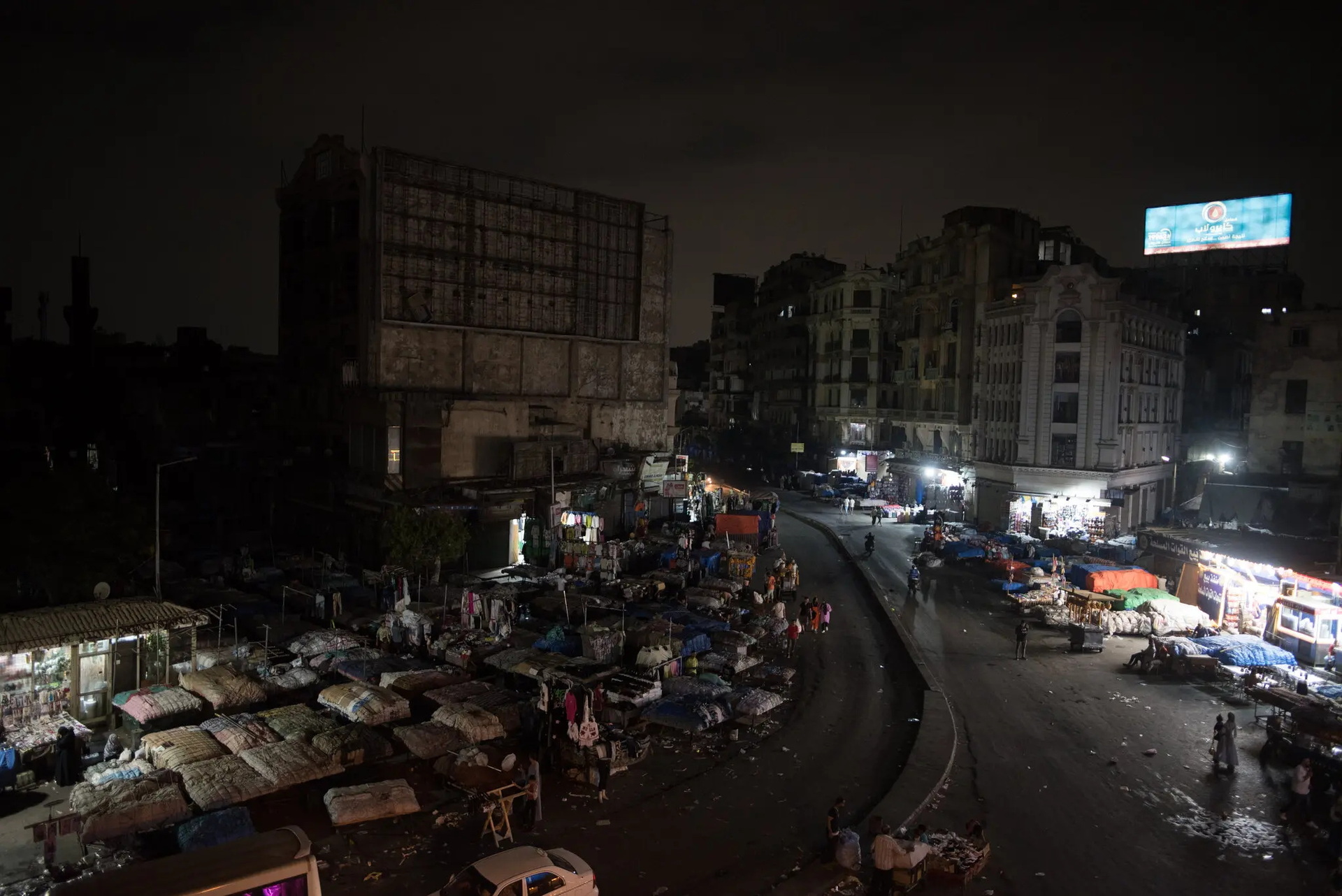
A dark market in Cairo at night. To reduce electricity consumption, the Egyptian government has ordered stores across the country to close by 10 p.m., with only a few exceptions. Photo: New York Times
Years after an economic crisis that made life difficult for all but the richest, Egypt lacked natural gas and the money to buy more, leaving the country suffering daily blackouts until just a few weeks ago.
So, starting in July, the government has been making a request: To save electricity, shops must close by 10 p.m., and cafes, restaurants and shopping malls must close by midnight, a little later on weekends. Only grocery stores and pharmacies are exempt from this rule.
Wealthy Cairoans in the sprawling suburbs can commute from their air-conditioned rooms to air-conditioned cars to air-conditioned shopping malls, or even send their doormen out on errands to avoid going out in the heat. But in the traditional, crowded, noisy areas of central Cairo, that option is not available.
“If you go out shopping during the day, you will be boiled,” said Hind Ahmed, 51, who went with a friend to pick up clothes from a tailor.
Her friend, Wafaa Ibrahim, 46, rarely goes out anymore, whether the shops are open late or not. She can’t afford it. “As soon as I run out of money, I lock myself in the house,” Wafaa Ibrahim said.
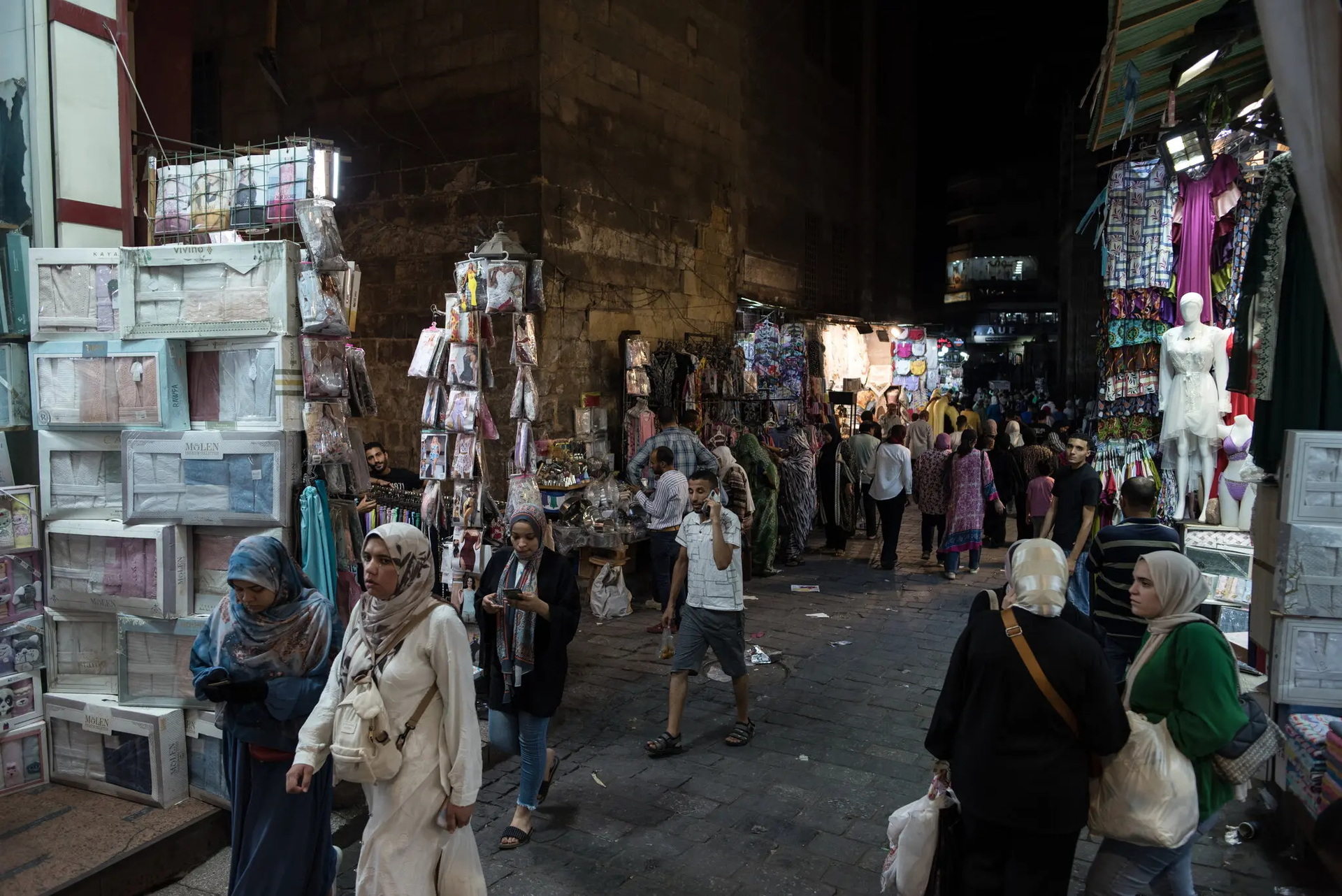
Cairo residents usually go shopping in the evenings, when the temperature drops, but this summer, markets are not always open so late. Photo: New York Times
It was past 10 p.m. and signs of compliance were already appearing. “The police have been driving down the main streets every night in recent weeks to check the enforcement of the ban,” a shopkeeper who was about to close explained to a customer.
No power can silence Cairo completely. But the volume of the city is unusually low, with fewer shoppers even as the sound of motorbikes and tuk-tuks echoes through the streets.
Tourists marvel at the sparkling streets, the friendliness and the famous Egyptian sense of humor. But locals say they joke about what they can’t change.
“Business is terrible right now,” said Saied Mahmoud, 41, who works from noon until closing time at his father’s small, wedge-shaped clothing store near the mosque.
What Saied Mahmoud earns is barely enough for food, rent and bus fares after years of soaring prices, even as inflation has eased somewhat in recent months.
Like many highly educated but underemployed Egyptians, Saied Mahmoud has been unable to find a better job despite having a master's degree in business. Marriage? He can only laugh at the thought of the cost of a wedding, a wife and children.
Hope for a resurgence
Since taking power in 2014, President Abdel Fattah el-Sisi has promised prosperity for a new Egypt. But successive currency devaluations that began in 2016 have hurt Egypt’s ability to buy imported goods on which it depends. The Covid-19 pandemic, along with wars in Ukraine and the Middle East, have shocked an economy already weakened by Mr. El-Sisi’s policies.
Despite recent cash infusions from international investors and lenders that have stabilized the economy, analysts say Egypt could face a new crisis unless major changes are made. While the country has expanded welfare programs for now, bailouts from the International Monetary Fund have forced Cairo to cut subsidies for bread, gas and electricity that are vital to many poor Egyptians.
That means Ahmed Ashour’s barbershop is even more sweltering. He’s usually open from 7 p.m. to 5 a.m. during the summer: It’s so hot that men’s skin gets inflamed if they come in for a shave during the day, he explains. Besides, he has a day job from 7 a.m. to 3 p.m. at a government agency—he can’t make ends meet without both.
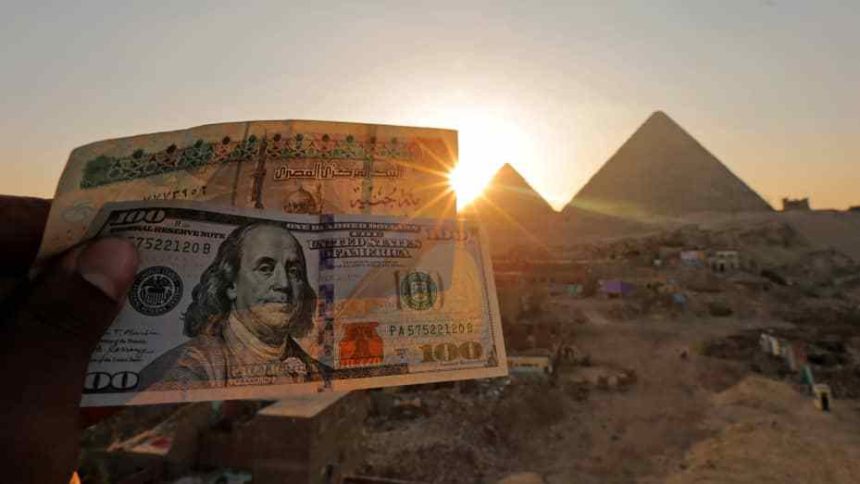
Loans from credit institutions like the IMF will force Egypt to cut more aid to its people. Photo: Egypt Daily News
Early darkening of the main streets means fewer people, period. Combine that with the fact that customers' wallets are getting thinner, and Ashour estimates that he has lost 70% of his business during the economic crisis.
“Customers from all over the neighborhood used to come in for a haircut and stay for hours,” Ashour says, sitting in his old black chairs with endless cups of coffee and tea. “Now they say a quick hello to each other on their way to their second or… third job.”
People have to pay for the new school year, summer vacations and the rising cost of just about everything. “A man will consider other things, he will no longer pay attention to his appearance,” he said, noting that some customers have learned to cut their own hair at home.
In a nearby alley, Hosni Mohammed, 67, was dejectedly tidying up his optical shop after a slow day. “From 10 a.m. to 10 p.m.,” he said. “There’s hardly anyone here these days.”
However, “someone taught me that business only sleeps but never dies,” Hosni Mohammed added, expressing hope for a revival of the Egyptian economy.
Quang Anh (according to NYT)
Source: https://www.congluan.vn/nang-nong-va-kho-khan-kinh-te-noi-am-anh-kep-doi-voi-nguoi-dan-ai-cap-post310328.html




![[Photo] Next to the "mountain of trash" after the flood, Tuy Hoa residents strive to rebuild their lives](/_next/image?url=https%3A%2F%2Fvphoto.vietnam.vn%2Fthumb%2F1200x675%2Fvietnam%2Fresource%2FIMAGE%2F2025%2F11%2F24%2F1763951389752_image-1-jpg.webp&w=3840&q=75)



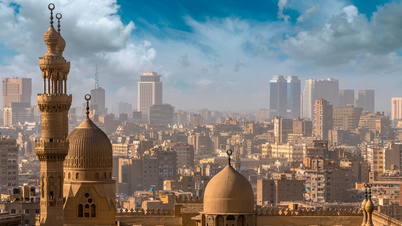





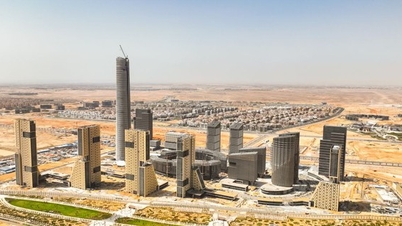



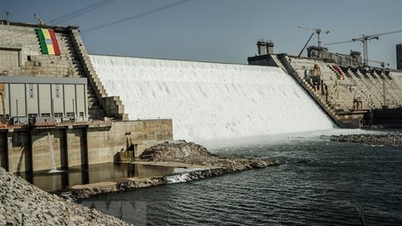















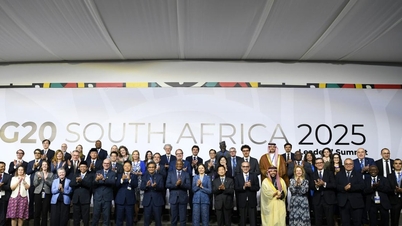
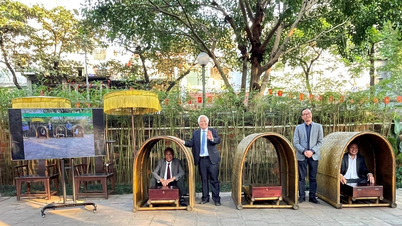

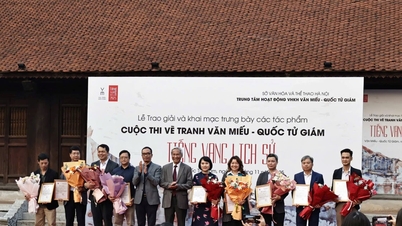
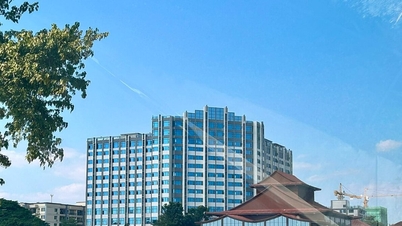
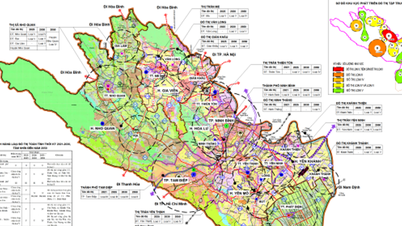



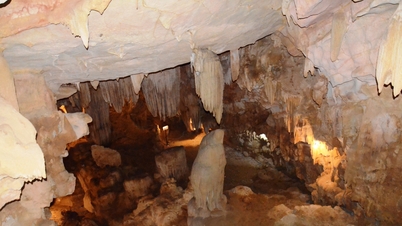
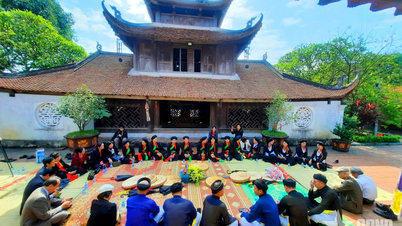



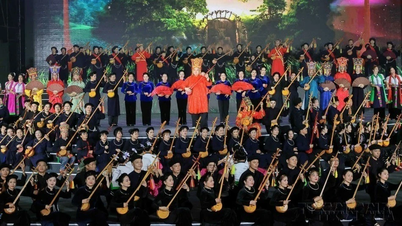






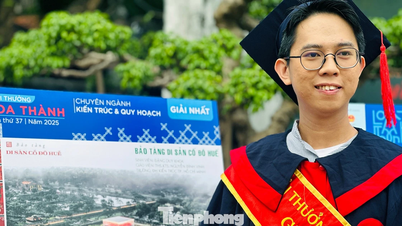

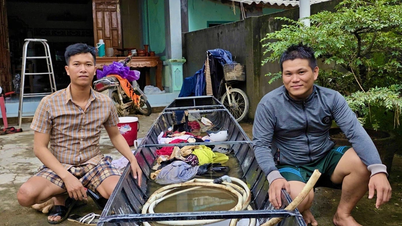















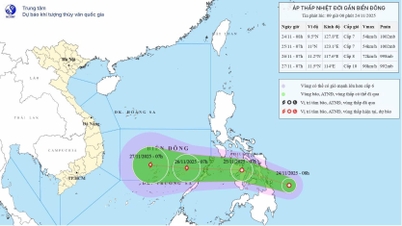



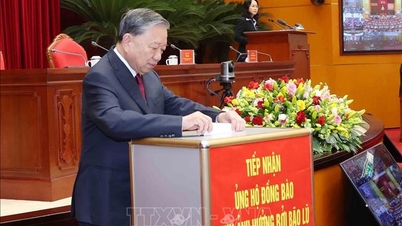

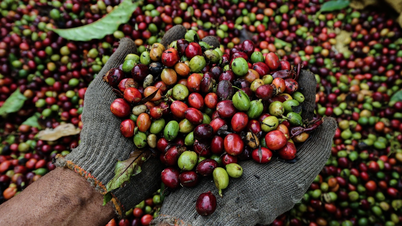

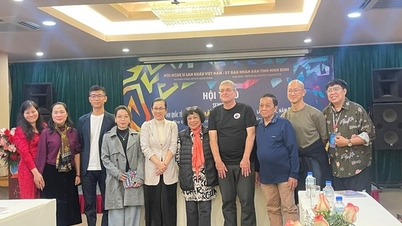
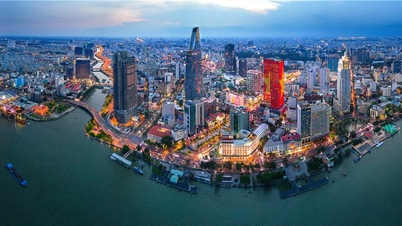


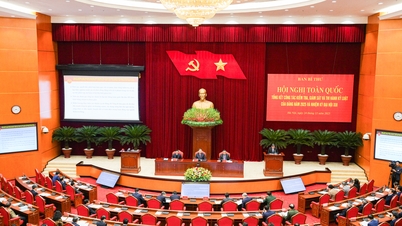





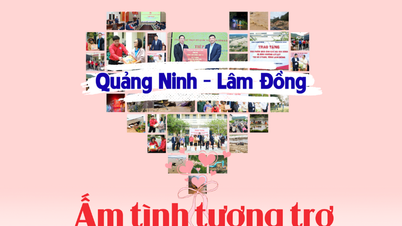





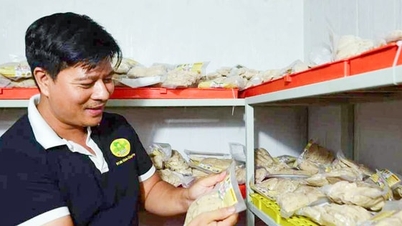














Comment (0)